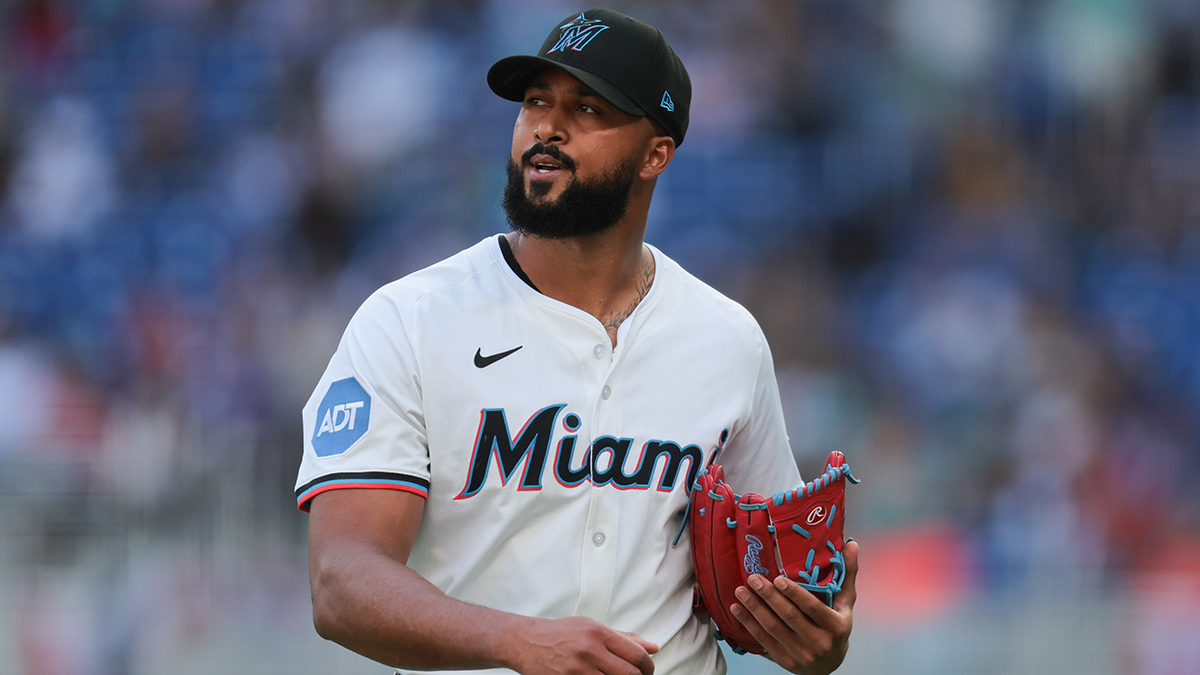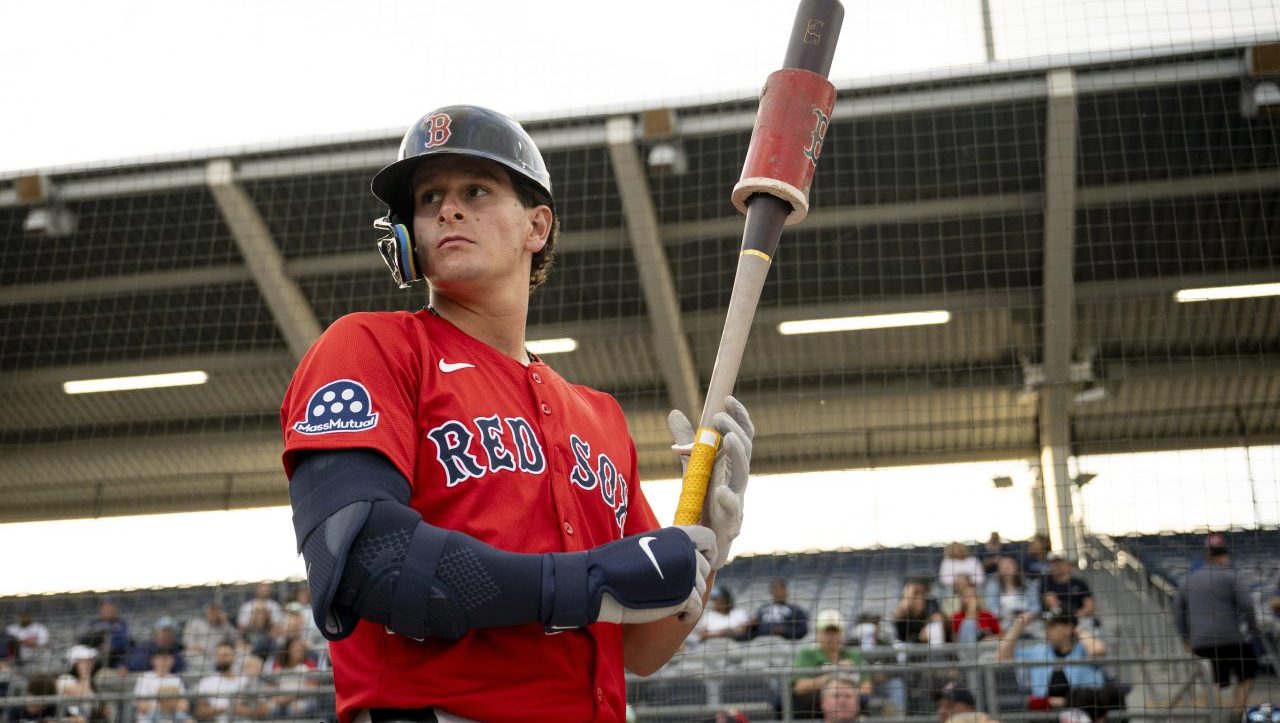There are plenty of reasons to worry about Trevor Story's transition to Boston. He's coming off a down season, learning a new position, and leaving the only professional home in Colorado he has ever known.
Here's one not worth fretting over -- his home-road splits.
Tomase: Trevor Story signing signals an end to Tampa Bay North
Stay in the game with the latest updates on your beloved Boston sports teams! Sign up here for our All Access Daily newsletter.
Every time a player of any renown departs Colorado, the first stat inevitably cited is how he performed so much better in the thin air of the Rockies than anywhere else. These splits are often absurd, with batting averages 100 points apart. Over the last 10 years, in fact, the Rockies rank first in home OPS and dead last in road OPS. It's a team-wide affliction.
Story is no exception. He's a career .303 hitter in Colorado and a .241 hitter everywhere else. Last year he hit .296 at home and only .203 on the road. Uh oh, right?
Not really. It turns out that playing in Colorado doesn't just inflate home numbers, it deflates road numbers, too. And history is full of star players of Story's caliber who return to sea level with new teams and end up being just as good outside of Coors as they were in it.
Hall of Famer Larry Walker had already established himself as an All-Star with the Expos when he came to Colorado in 1995. He ended up winning three batting titles and an MVP with the Rockies before joining the Cardinals for the final year and a half of his career before retiring in 2005.
Boston Red Sox
Find the latest Boston Red Sox news, highlights, analysis and more with NBC Sports Boston.
He posted a 1.044 OPS in Colorado and a .908 OPS in St. Louis. Adjusted for Coors, those numbers weren't much different than the .839 he put up over six years in Montreal.
Similarly, slugging outfielder Matt Holliday made more All-Star teams in St. Louis (four) than Colorado (three). His .874 OPS in St. Louis actually was more productive than his .936 in Colorado, once again adjusting for ballparks.
More recently, the Yankees watched former NL batting champ DJ LeMahieu add to his trophy case with a .364 average in 2020. LeMahieu hit .299 with a .760 OPS in Colorado and is at .307 with an .831 OPS in New York. And yet if you judged him off his .329 average in Coors vs. .275 average on the road, you'd have expected a regression.
It generally doesn't happen. Part of the reason is a "Coors Effect" unearthed by ESPN's Eno Sarris in 2015. He noted that the Rockies persistently owned the most extreme home-road splits in baseball in part because of how they're pitched at home. Since curveballs break less at high altitude, the Rockies saw fewer of them at home. More fastballs equals more power and the Rockies feasted.
Taking that approach on the road isn't as effective, however. The Athletic's Aaron Gleeman further broke down the numbers this week and noted that all things being equal, Story's lifetime .752 road OPS actually translates to .800 outside of Coors. That puts him in the top 10 of offensive shortstops, right around Tigers standout Javier Baez, who also signed a $140 million contract in free agency.
So Red Sox fans shouldn't fret. Though Story almost certainly won't post the same raw numbers in Boston as he did in Colorado, the overall difference between his production in an out of Fenway should be much more stable.
Don't be surprised if, like his former teammate LeMahieu, he doesn't need Coors to thrive.




